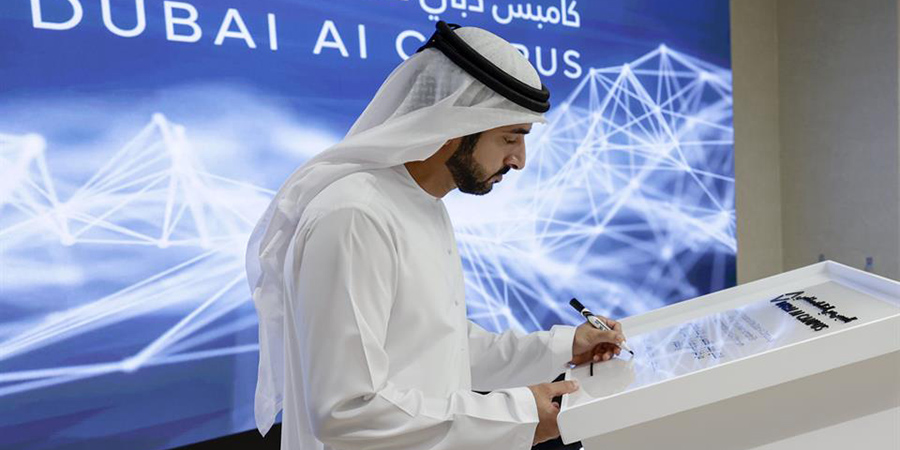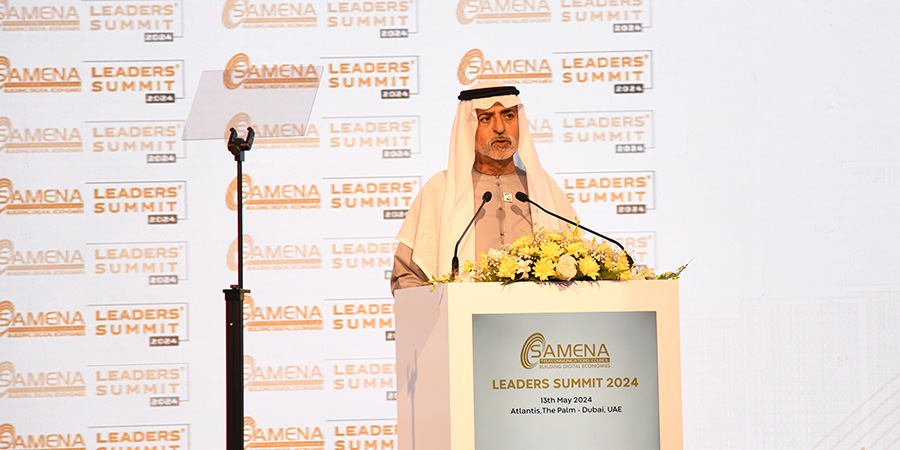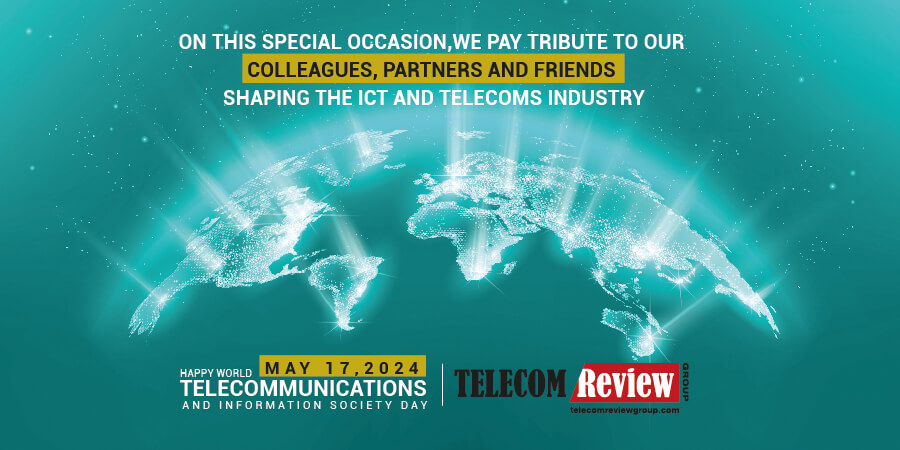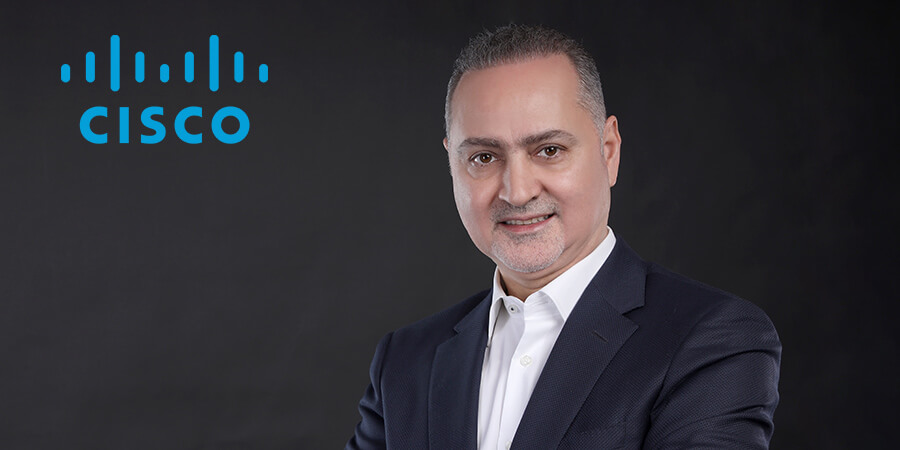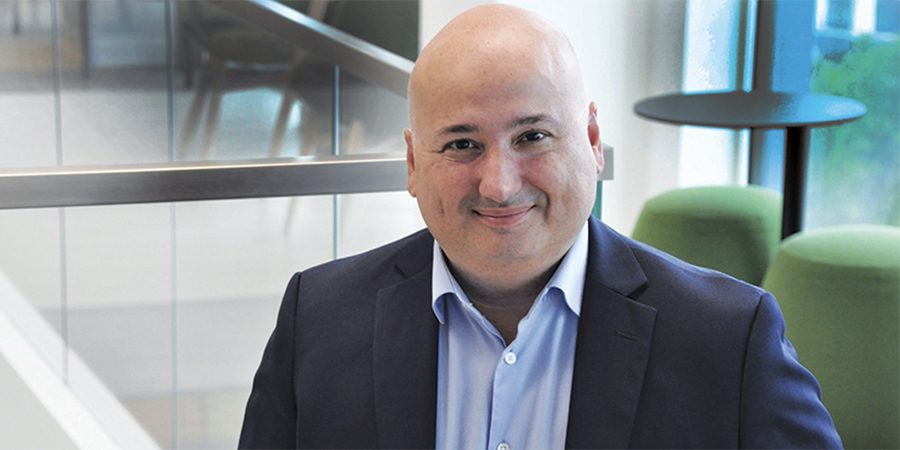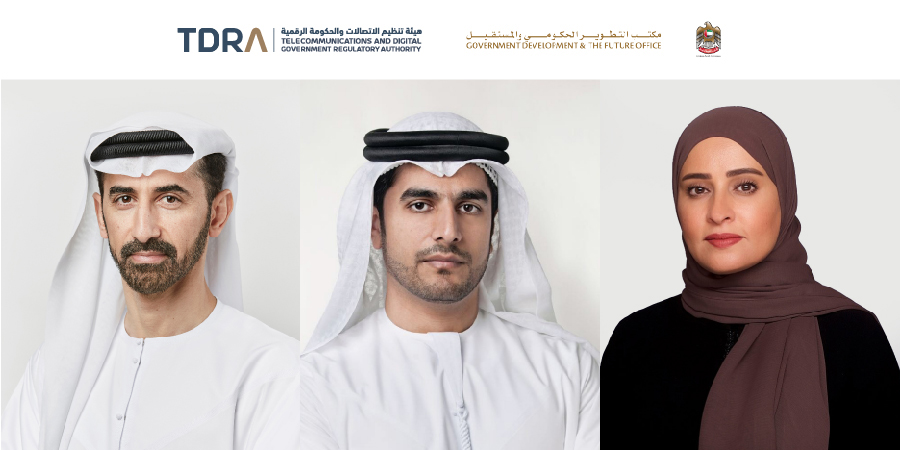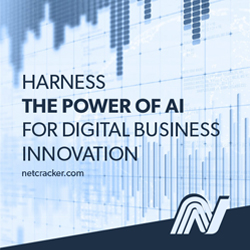His Highness Sheikh Hamdan bin Mohammed bin Rashid Al Maktoum, the Crown Prince of Dubai and Chairman of both the Executive Council of Dubai and the Higher Committee for Future Technology and Digital Economy, officially opened the Dubai AI Campus cluster at the Innovation Hub within the Dubai International Financial Centre (DIFC).

Reports and Coverage
Next-Gen Government: How Generative AI is Changing the Citizen Experience
Consider the convenience of accessing government information or assistance around the clock. This possibility occurs through the utilization of AI tools such as Generative AI service desks, ChatGPT-like AI chatbots, and virtual assistants.
5G-Advanced: Revolutionizing the Virtual Workspace Amid Connectivity Challenges
The global shift towards remote work and forced adoption of the virtual realm, accelerated by the COVID-19 pandemic, continues to transform the professional landscape, gradually changing how and where we work. A study projects that by 2025, 70% of the workforce will operate remotely at least five days a week, citing a global demand for enhanced network connectivity.
Leadership Insights: Advancing ICT and Sustainability Goals
Telecom Review Group was invited to attend the SAMENA Leader’s Summit 2024, which explored the theme “Evolving Toward Integration, Intelligence, and Sustainability in Infrastructure.” This summit serves as a platform for dialogue among stakeholders from various industries, including prominent technology companies, emerging leaders in the digital ecosystem, policymakers, and decision-makers in the digital economy.
Driving Change: WTISD 2024 Inspires Collaboration for Sustainable Digital Innovation
The annual World Telecommunication and Information Society Day (WTISD), themed 'Digital Innovation for Sustainable Development,' serves as a rallying point for visionaries, innovators, and policymakers worldwide. It beckons them to converge and align their efforts in leveraging digital technology for the collective advancement of humanity.
Internet Safety: A Moving Target
The commercial internet era kicked off in 1995, marking the start of the dot-com boom. Moreover, the advent of wave division multiplexing (WDM) and the rollout of fiber optic cables in the mid-1990s greatly expanded the capacity of the internet, which had a ground-breaking impact on culture, commerce, and technology. As a result, the world witnessed the rise of near-instant communication via e-mail, instant messaging, voice over Internet Protocol (VoIP) telephone calls, video chat, and the World Wide Web, giving way to communication platforms such as blogs, social networking services, and online shopping, etc.
Cisco Appoints Zayan Sadek to Lead MEA Service Provider Business
Cisco has recently appointed Zayan Sadek, as the new Middle East & Africa Service Provider Managing Director, leading Cisco’s strategy and commercial operations with service providers across the region.
Ericsson’s Fadi Pharaon Exits Executive Team
Ericsson has announced that Fadi Pharaon, Senior Vice President and Head of Market Area Middle East & Africa, has decided to leave Ericsson to pursue other opportunities. Pharaon has held his current position since 2019 but has been with Ericsson for 26 years during which time he has held several management positions within the company. Pharaon will leave Ericsson at the end of August and a successor will be announced in due course.
DLS 2.0: A New Era in the UAE Federal Government’s Digital Presence
On the sidelines of the Digital Readiness Retreat 2024, the Telecommunications and Digital Government Regulatory Authority (TDRA) launched the UAE Design System 2.0 (DLS 2.0) for Federal Government websites, with the support of the Higher Committee for Government Digital Transformation.
The Future is Now: How AI is Transforming Organizations
Continuing to reign supreme in the digital realm, artificial intelligence (AI) is revolutionizing industries worldwide, such as telecommunications. According to the International Data Corporation (IDC), a staggering 90% of new enterprise applications will embed artificial intelligence by 2025, indicating a substantial shift in leveraging its capabilities. In addition, a considerable number of organizations are turning to AI to improve their operations and services.



